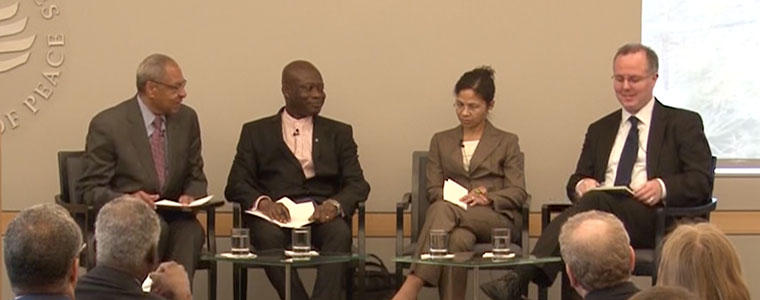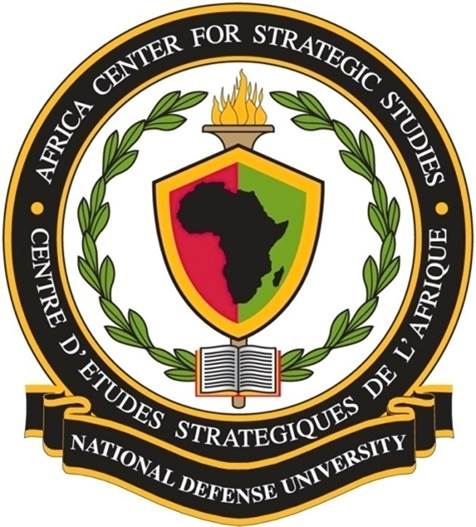The Future of Peacekeeping in Africa: Lessons From Ghana
Insights on Policy, Planning, Training and Conduct
Peacekeeping missions today face some of the most complex environments in their history. In September 2015, President Obama reaffirmed U.S. support for United Nations peace operations and directed a range of actions to strengthen them for a new era. Ghana, with its long history of contributing to peacekeeping and with soldiers in 12 of 16 U.N. missions, provides lessons in effective training, policymaking and non-violent conflict resolution.

Understanding the political, operations and conflict environment is key to successful peacekeeping. That’s a priority for the United States, which provides almost 30 percent of the annual peacekeeping budget and, in 2014, pledged $110 million a year for three to five years to build the capacity of the continent’s militaries for rapidly deploying peacekeepers in response to emerging conflict.
Ghana, the eighth-largest contributor to U.N. peacekeeping operations, has significant troops in Mali, the Democratic Republic of Congo, Lebanon, Liberia, South Sudan and Côte d’Ivoire. It also has supported missions of the Economic Community of West African States and the African Union.
On March 11, a panel of experts convened to discuss the future of African peacekeeping. Panelists included Colonel Emmanuel Kotia, chief instructor and academic programs coordinator at the Kofi Annan International Peacekeeping Training Centre in Ghana, and author of the book, "Ghana Armed Forces in Lebanon and Liberia Peace Operations".
Continue the conversation on Twitter with #PeacekeepingUSIP.
Panelists
Amb. George Moose, Welcoming Remarks and Moderator
Vice Chairman, Board of Directors, U.S. Institute of Peace
Col. Emmanuel Kotia, Panelist
Chief Instructor and Academic Programs Coordinator, Kofi Annan International Peacekeeping Training Centre (KAIPTC) in Ghana
Dorina Bekoe, Panelist
Faculty, Africa Center for Strategic Studies
Paul Williams, Panelist
Associate Professor of International Affairs, George Washington University




